Foresights and ideas that expand minds and inspire a change of heart.
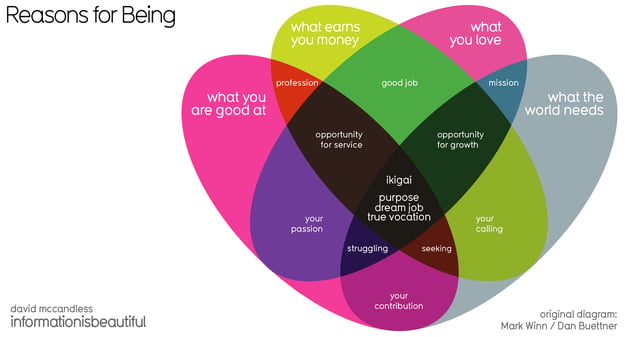
In 1930 John Maynard Keynes predicted that the economy would become so productive that people would spend barely any time at work. He imagined that machines would take on so much labour that we would have much more time for leisure.
It hasn’t quite worked out that way. Yet...
But this pandemic has forced us to at least reassess how technology serves us best and where it fails. As our work and home lives have converged, fought and hybridised, perhaps there’s been more freedom to be productive and creative - rather than simply busy. We understand how important leisure, creative collaboration and socialising are now that we’ve seen that machines can’t be the basis of our entire lives. At the same time, a picture is emerging of how technology can remove the least meaningful and most mundane tasks, giving us an opportunity to lead richer lives.
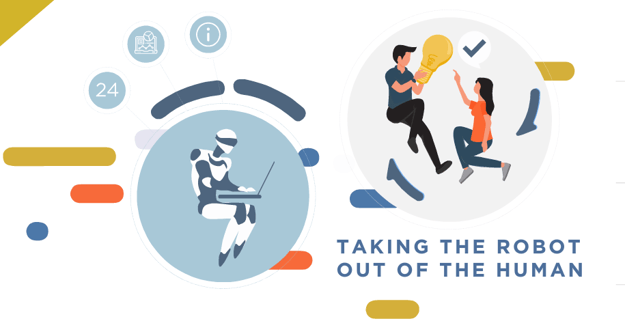
COVID-19 has compressed our innovative urges and unpicked what we really want from both the analogue and digital worlds. A telehealth session to obtain a recurring prescription makes a bit of life admin easier. Yet remote learning and remote meetings prove that screens can’t readily substitute all aspects of life; the ‘inconvenience' of face-to-face interactions is too invaluable. As we’ve confronted our need for interaction and community, it has forced us to acknowledge that technology is a way of augmenting, not replacing, our most human traits and practices.
And for companies that want a claim to the future, this is an idea that can’t be ignored.
Technology and innovation needs to be led by a sense of what makes us human. It needs to interact with real-life, not replace it. The best sides of technology augment our real lives and, historically, that’s always been the case. People have been suspicious of the pen, the printing press and the telephone as they were popularised. Each of these were technologies or innovations that fundamentally changed inputs of labour and how societies distributed information. It’s impossible to imagine what the world would be without them.
In the same way, the great business stories of the last few decades come from innovations that have taken away mundane tasks and streamlined life. Whether it’s having any conceivable product delivered to your door by Amazon, or being able to easily search for information on Google, or Apple condensing a dozen consumer electronics into an elegant pocket-sized device, these are technologies that have assisted and served us as human beings.
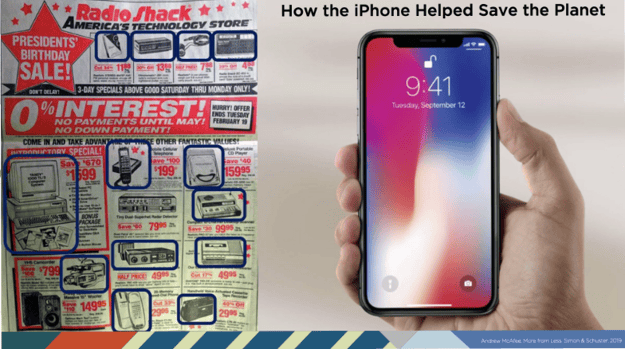
Innovation isn’t just about reducing admin. It can also address that we are meaning-seeking animals. We have whole systems of meaning that we’ve created, from language and art to religion and government - meaning motivates and unifies us. And as customers and consumers of media, we seek things that signify something about who we are and what we value.
That’s highly relevant in a time where our individual and social selves have been examined. We’ve each had to think about what it means to put public health before our private lives and articulate our morals to ourselves and our loved ones through our actions. For many, our values and ethics have been clarified and fortified by this pandemic.
For brands this signals a more pressing shift to purpose embedded in products and services. Simply giving a portion of profits to worthy causes cannot fully address a brand’s reason to exist - its raison d’être - or Ikigai as the Okinawans would call it. It doesn’t intimately connect a product to a set of values. It’s not unique enough for a customer to keep returning.
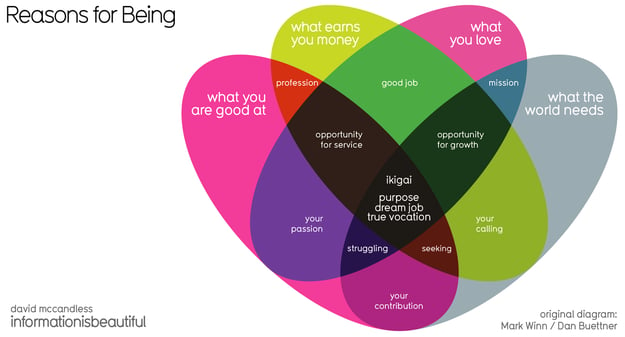
One example of the emergent brands which merges product and philosophy is Zero Co. This Australian company operates on a direct-to-customer model which delivers personal care and household cleaning products without single-use plastics. (The next time you’re cleaning just marvel at how many plastic bottles you’ve managed to use in your lifetime just to keep your house clean.)
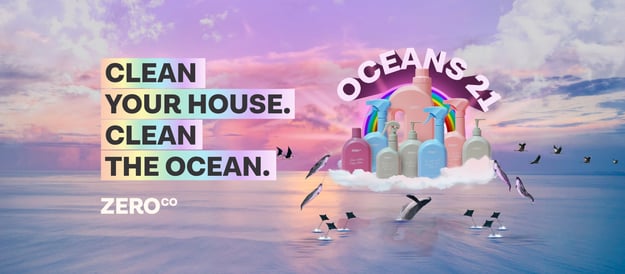
Zero Co. initially offers their cleaners and soaps in containers made from plastics bound for landfill, but as your products run out you can simply top up by having refillable (recycled plastic) bags mailed to you. Just mail back the empty refillable packaging when you need more. This is a company built around the switch from linear to circular consumption and with the aim of eliminating the most quotidian of plastic waste. It somehow fits perfectly into an age of hygiene hyperawareness, online contact-free shopping and a new appreciation for the domestic sphere. Though importantly, its product and purpose are intrinsically linked. This isn’t a company that’s tacked on a pro-social cause to its product and called it a day. It’s a company that’s making a whole new consumer model easier to use, access and signifies more than a clean household, but a conscious one too.
Consumers now, and even more so in the future, will come to expect this kind of ethos embedded in the things they buy. It demands innovation that keeps humanity in its heart. We may not spend all our hours engaged in leisure but innovation can still take away mundane and menial tasks or let us swap our labour for products that affirm a sense of meaning and identity in our personal lives.
This need to innovate is urgent but it’s not short-term. Human-centred innovation is a long game. A fascinating example of this is outdoor apparel company Patagonia, which makes decisions based on the impact in 100 years time. Considering a lot of companies are more concerned about the current financial year, it’s a big leap in thinking.
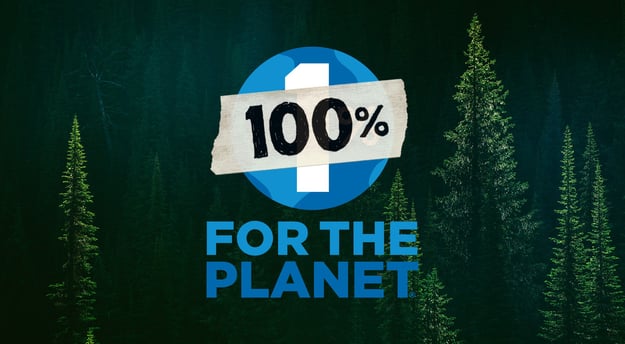
But it genuinely informs Patagonia’s business decisions. For instance, they're no longer printing additional logos on products made for corporate companies to give to employees. The reason is not obvious but it’s very human: once people change jobs they no longer want to wear their old employer’s ‘swag’, it’s also difficult to re-gift corporate branded clothing and people tend not to pass down ‘logo’d gear’ to their kids. A small logo can mean that perfectly good clothing ends up unworn or discarded. This change comes at a cost to Patagonia’s business, not just from corporate clients but potentially curbing a customer’s desire to re-purchase a non-logo’d jacket. But the move upholds their values through their product — not in spite of it.
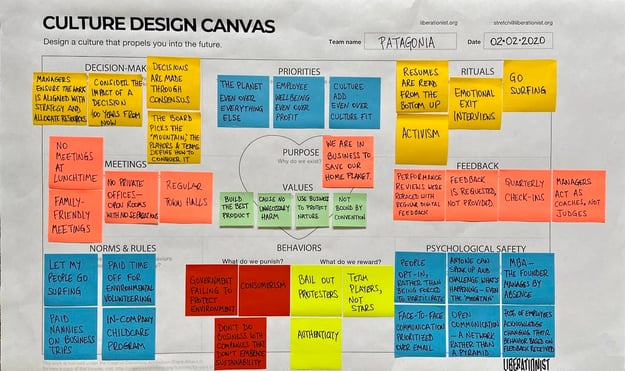
Innovation is less about invention for invention’s sake. It can be about doing more with less. It’s not about protecting a business from inevitable change, but staying ahead of external forces. Innovation is not just imagining that your business will be different in 10 or 100 years but imagining the people in and around your business too. The social and political landscape will be different, customers will have different standards and the way we let brands into our lives is bound to change too. What will remain are our fundamentally human selves.
At the present time where our ideas about life, work, necessity and desire are being challenged — where we find ourselves interrogating our individual and social values — it’s time for brands to recognise the human heart that perseveres through all upheaval.
It’s time to make our humanity the mother of innovation and not the other way around.
What do you feel - how are you / can you bring more purpose-led innovation into your brand's DNA?

Header Text
Lorem ipsum dolor sit amet, consectetur adipiscing elit, sed do eiusmod tempor incididunt ut labore et dolore magna aliqua. Ut enim ad minim veniam, quis nostrud exercitation ullamco laboris nisi ut aliquip ex ea commodo consequat. Duis aute irure dolor in reprehenderit in voluptate velit esse cillum dolore eu fugiat nulla pariatur.
Lorem ipsum dolor sit amet, consectetur adipiscing elit, sed do eiusmod tempor incididunt ut labore et dolore magna aliqua. Ut enim ad minim veniam, quis nostrud exercitation ullamco laboris nisi ut aliquip ex ea commodo consequat. Duis aute irure dolor in reprehenderit in voluptate velit esse cillum dolore eu fugiat nulla pariatur.
Lorem ipsum dolor sit amet, consectetur adipiscing elit, sed do eiusmod tempor incididunt ut labore et dolore magna aliqua. Ut enim ad minim veniam, quis nostrud exercitation ullamco laboris nisi ut aliquip ex ea commodo consequat. Duis aute irure dolor in reprehenderit in voluptate velit esse cillum dolore eu fugiat nulla pariatur.

Header Text
Lorem ipsum dolor sit amet, consectetur adipiscing elit, sed do eiusmod tempor incididunt ut labore et dolore magna aliqua. Ut enim ad minim veniam, quis nostrud exercitation ullamco laboris nisi ut aliquip ex ea commodo consequat. Duis aute irure dolor in reprehenderit in voluptate velit esse cillum dolore eu fugiat nulla pariatur.
Lorem ipsum dolor sit amet, consectetur adipiscing elit, sed do eiusmod tempor incididunt ut labore et dolore magna aliqua. Ut enim ad minim veniam, quis nostrud exercitation ullamco laboris nisi ut aliquip ex ea commodo consequat. Duis aute irure dolor in reprehenderit in voluptate velit esse cillum dolore eu fugiat nulla pariatur.
Lorem ipsum dolor sit amet, consectetur adipiscing elit, sed do eiusmod tempor incididunt ut labore et dolore magna aliqua. Ut enim ad minim veniam, quis nostrud exercitation ullamco laboris nisi ut aliquip ex ea commodo consequat. Duis aute irure dolor in reprehenderit in voluptate velit esse cillum dolore eu fugiat nulla pariatur.

Header Text
Lorem ipsum dolor sit amet, consectetur adipiscing elit, sed do eiusmod tempor incididunt ut labore et dolore magna aliqua. Ut enim ad minim veniam, quis nostrud exercitation ullamco laboris nisi ut aliquip ex ea commodo consequat. Duis aute irure dolor in reprehenderit in voluptate velit esse cillum dolore eu fugiat nulla pariatur.
Lorem ipsum dolor sit amet, consectetur adipiscing elit, sed do eiusmod tempor incididunt ut labore et dolore magna aliqua. Ut enim ad minim veniam, quis nostrud exercitation ullamco laboris nisi ut aliquip ex ea commodo consequat. Duis aute irure dolor in reprehenderit in voluptate velit esse cillum dolore eu fugiat nulla pariatur.
Lorem ipsum dolor sit amet, consectetur adipiscing elit, sed do eiusmod tempor incididunt ut labore et dolore magna aliqua. Ut enim ad minim veniam, quis nostrud exercitation ullamco laboris nisi ut aliquip ex ea commodo consequat. Duis aute irure dolor in reprehenderit in voluptate velit esse cillum dolore eu fugiat nulla pariatur.
& STAY UP TO DATE WITH FORESIGHTS AND TREND REPORTS!
WE WILL EQUIP YOU WITH THE VIDEOS AND MATERIALS YOU NEED TO SUCCESSFULLY PITCH ASN.
0 Comment